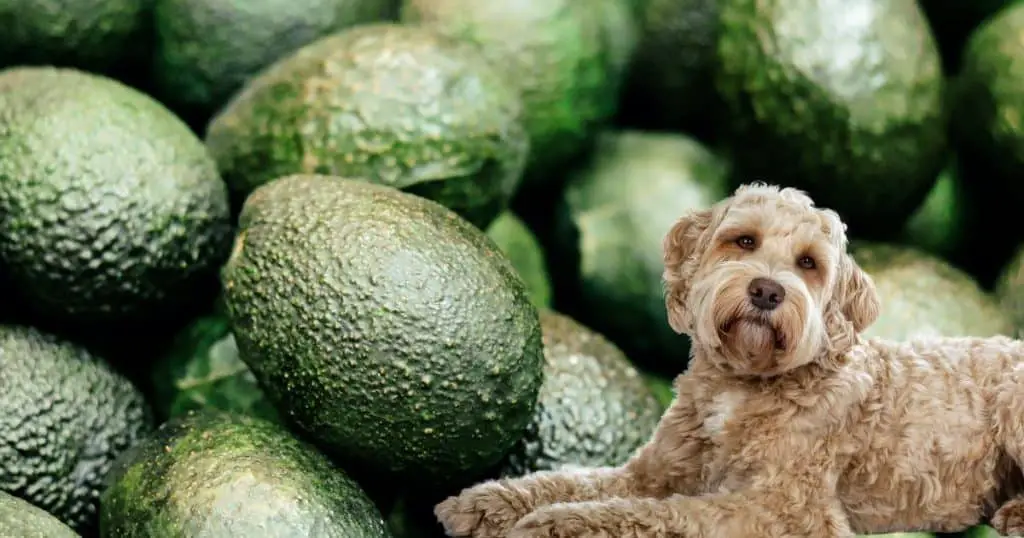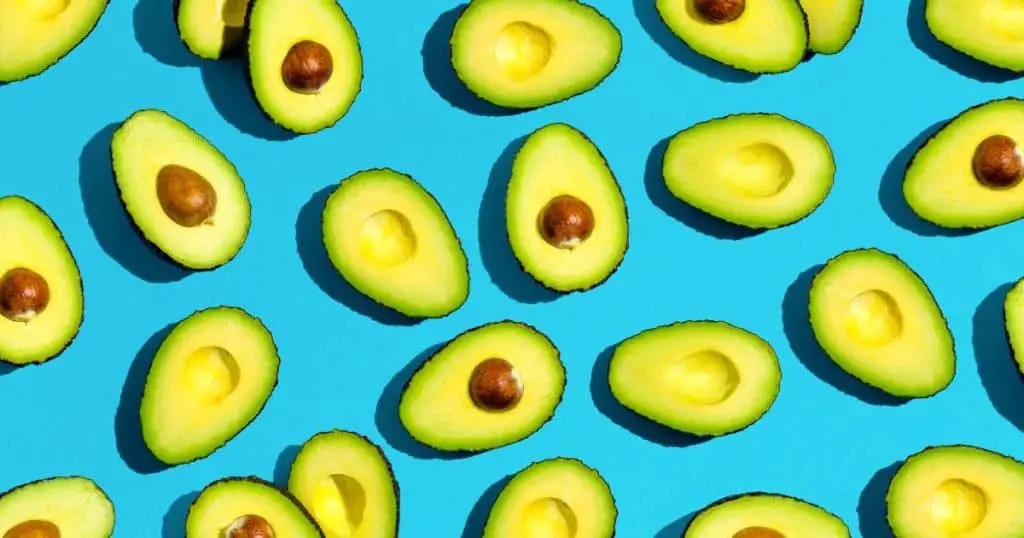Table of Contents
Can Dogs Eat Avocado?

Avocado is a fruit that is known for its numerous health benefits for humans, including being a rich source of vitamins, minerals, and healthy fats. .
But what about dogs?
Can they also enjoy the same benefits of this superfood? The answer to this question is not straightforward, and there are differing opinions among veterinarians and pet nutrition experts.
In this article, we will explore whether dogs can eat avocado, what the potential benefits and risks are, and how to safely incorporate it into your dog’s diet.
While some sources suggest that avocado is safe for dogs to eat, others warn that it can be toxic and even fatal in some cases.
The main concern is the presence of persin, a fungicidal toxin that is found in the leaves, bark, and seeds of the avocado plant.
While the flesh of the avocado fruit contains only small amounts of persin, it can still cause gastrointestinal upset, vomiting, and diarrhea in some dogs.
In addition, avocados are high in fat, which can lead to pancreatitis, a potentially life-threatening condition in which the pancreas becomes inflamed.
Despite these risks, some pet owners choose to feed their dogs small amounts of avocado as a treat or as part of a balanced diet. If you are considering giving your dog avocado, it is important to understand the potential risks and benefits and to consult with your veterinarian to determine whether it is a safe choice for your furry friend.
The Dangers of Avocado for Dogs

Avocado Toxicity in Dogs
Avocado contains a toxin called persin, which can be harmful to dogs. Persin is primarily found in the leaves, bark, and seeds of the avocado plant, but it is also present in the fruit’s flesh. While persin is not harmful to humans, it can cause gastrointestinal upset and other health problems in dogs.
Symptoms of Avocado Poisoning in Dogs
If your dog eats avocado, they may experience symptoms such as vomiting, diarrhea, abdominal pain, and loss of appetite. In severe cases, avocado poisoning can cause breathing difficulties, fluid accumulation in the chest, and even death. It is essential to seek veterinary care immediately if you suspect that your dog has eaten avocado and is exhibiting any of these symptoms.
What to Do if Your Dog Eats Avocado
If your dog has eaten avocado, it is important to monitor them closely for any signs of illness. If they are exhibiting symptoms such as vomiting or diarrhea, contact your veterinarian immediately. In most cases, treatment will involve supportive care, such as intravenous fluids and medications to control vomiting and diarrhea. In severe cases, hospitalization may be necessary.
Prevention is the best way to keep your dog safe from avocado toxicity. If you have avocado trees or plants in your yard, make sure your dog cannot access them. Additionally, avoid feeding your dog any avocado, and be sure to keep any avocado-containing foods out of reach.
Benefits of Avocado for Dogs

Nutritional Value of Avocado for Dogs
Avocado is a great source of healthy fats, fiber, and vitamins for dogs. It contains monounsaturated and polyunsaturated fats that can help improve your dog’s skin and coat. Avocado is also rich in fiber that can aid in digestion and improve bowel movements. In addition, avocado contains vitamins A, C, E, and K, which can help boost your dog’s immune system and promote overall health.
Here’s a breakdown of the nutritional value of avocado:
| Nutrient | Amount per 100g |
|---|---|
| Calories | 160 |
| Protein | 2g |
| Fat | 15g |
| Carbohydrates | 9g |
| Fiber | 7g |
| Vitamin A | 7% of RDA |
| Vitamin C | 12% of RDA |
| Vitamin E | 10% of RDA |
| Vitamin K | 26% of RDA |
How to Safely Feed Avocado to Dogs
While avocado can be beneficial for dogs, it’s important to feed it to them safely. Here are some tips:
- Only feed your dog ripe avocado, as unripe avocado can be difficult to digest and may cause an upset stomach.
- Remove the skin and pit of the avocado before feeding it to your dog, as the skin and pit can be a choking hazard and may cause intestinal blockages.
- Feed avocado to your dog in moderation, as it is high in fat and calories. Too much avocado can lead to pancreatitis, a condition that causes inflammation of the pancreas.
- Introduce avocado to your dog’s diet gradually and monitor their reaction. If your dog experiences vomiting, diarrhea, or other digestive issues after eating avocado, stop feeding it to them.
Overall, avocado can be a healthy addition to your dog’s diet when fed in moderation and safely. Consult with your veterinarian before introducing avocado or any new food to your dog’s diet.
Conclusion
After researching and analyzing various sources, it is clear that dogs can eat avocado, but in moderation. Avocado is a nutritious fruit that provides many health benefits, but it also contains Persin, a fungicidal toxin that can cause serious health issues if consumed in large amounts.
It is important to note that dogs don’t know how to limit their food intake, so it’s up to the owner to regulate how much avocado their dog eats. As a general rule of thumb, it’s best to give dogs small amounts of avocado as an occasional treat rather than a regular part of their diet.
While some sources claim that avocados are toxic to dogs, recent studies have debunked this claim. However, it’s still important to be cautious and monitor your dog’s reaction to avocado. If your dog experiences any symptoms such as vomiting or diarrhea after eating avocado, it’s best to avoid giving it to them in the future.
In conclusion, avocado can be a healthy and tasty treat for your dog in moderation. However, it’s important to be aware of the potential risks and to always monitor your dog’s reaction to new foods. As with any new addition to your dog’s diet, it’s best to consult with your veterinarian before feeding them avocado.
Related Articles:




Leave a Reply
You must be logged in to post a comment.